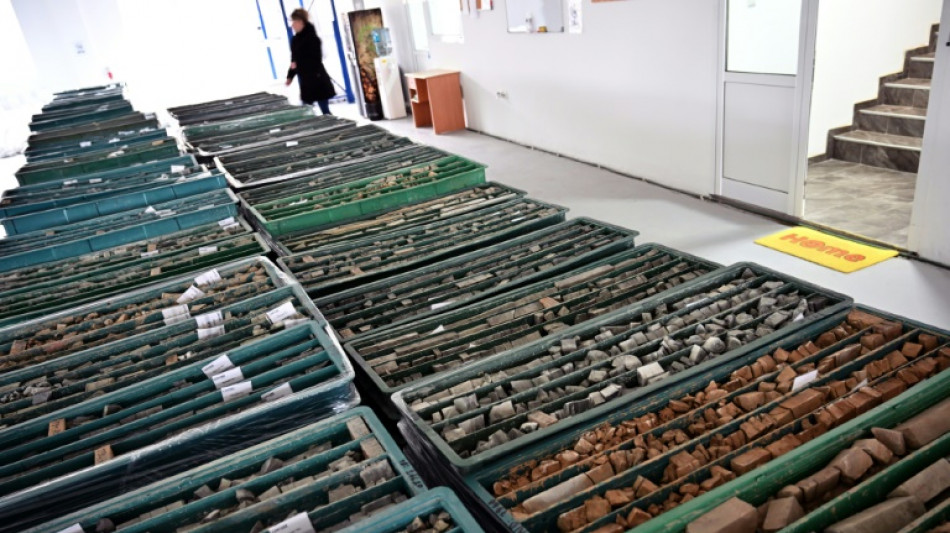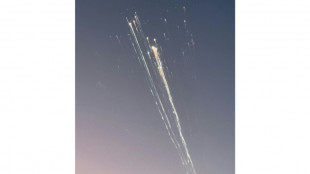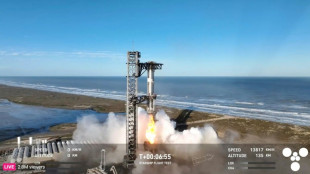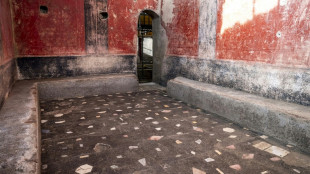

Bosnia's lithium discovery raises hopes and fears
In northeast Bosnia's rolling hills, the local community is torn between fears of environmental ruin and hopes of riches from huge deposits of the critical minerals Europe needs for its green transition.
The area around Lopare sits on an estimated 1.5 million tonnes of lithium carbonate, 94 million tonnes of magnesium sulfate and 17 million tonnes of boron -- the stuff used to make everything from electric cars to wind turbines and electronics.
The potentially game-changing deposits could be a rare boon for this poverty-stricken corner of southeast Europe, with Bosnia's economy having largely stagnated following a devastating war in the 1990s.
Bosnia's fiery Serb leader Milorad Dodik has called the project -- which would be located in the country's Serb statelet -- "an opportunity for development that should not be missed".
But simmering local opposition over what would be a sprawling open-pit mine has threatened to pull the plug on the project as some fear the potential environmental fallout.
Lopare's city council voted in December on a motion against the project.
"More than 90 percent of residents are against it," said Lopare mayor Rado Savic.
"People are afraid of leaks of toxic materials," he said. "We are clear, we do not want such a mine here."
Environmental groups have launched a petition against the project.
"Everywhere in the world where there are these kinds of mines there is also, sooner or later, pollution to the groundwater and air," said Snezana Jagodic Vujic, the leader of a local environmental association.
In neighbouring Serbia, mass protests over a Rio Tinto lithium mine near the Bosnian border pushed the government to revoke permits for the multi-billion project in 2022.
- $1.1 billion -
Vladimir Rudic, the director for the Bosnian subsidiary of Swiss mining company Arcore AG, accused the opponents of the project in Lopare of "sowing panic".
"The operating conditions will be absolutely controlled," he told AFP.
Arcore hopes to break ground in the area by 2027.
"These are exceptionally interesting quantities of raw materials for the European Union supply chain," Rudic said.
The company said the mine would earn annual revenues of one billion euros ($1.1 billion) and create 1,000 direct jobs and more than 3,000 indirect ones.
The project aims to export around 10,000 tonnes of lithium carbonate annually by 2032 -- enough to make between 150,000 and 200,000 rechargeable batteries, according to experts.
The EU currently depends on China for 97 percent of its magnesium needs.
With the EU phasing out the sale of new fossil fuel cars by 2035, Europe hopes to be able to extract 10 percent of critical raw materials from its own soil by the end of the decade.
Bosnia is a candidate to join the EU.
Lopare is a deposit with "low content" lithium that nevertheless remains "interesting", said Rudic, noting that the larger presence of magnesium and boron guaranteed the mine's future "stability".
- 'Covered in dust' -
Arcore is hoping to secure rights to operate the concession for 50 years, but it has yet to receive the necessary permits from Bosnian authorities.
An environmental impact study must be carried out before any operation breaks ground, along with a period of consultation with the local population.
But for resident Jovan Jovic -- an unemployed pharmacist from Lopare -- little will likely change his mind.
"The town will be covered in a huge layer of dust, not to mention the impact on groundwater," he told AFP.
Milivoje Tesic, a 63-year-old Bosnian Serb war veteran, went even further, vowing to "physically defend" his land from the mine.
"If we become Kuwait, then okay," said Tesic.
"But show me an example where a foreign investor came into a country and made progress."
A.García--ESF




